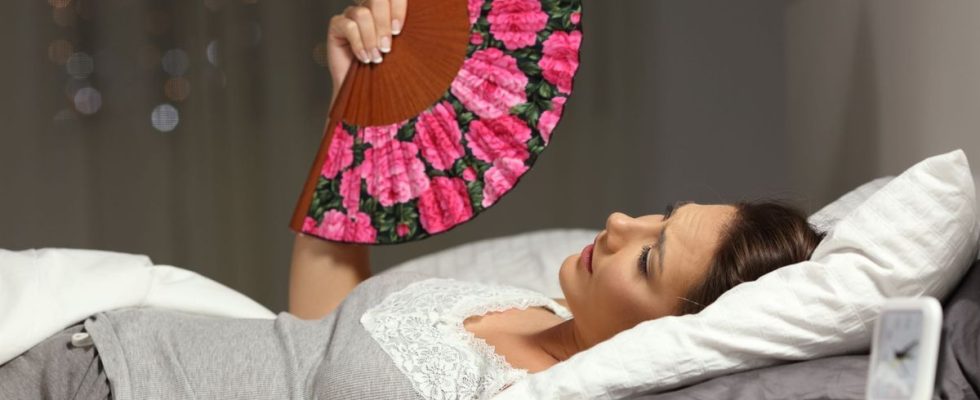Published on
Updated
Reading 2 mins.
Every summer, the mercury rises and this rise in temperature greatly disrupts our sleep. A scientific study published last year quantified the phenomenon and estimates that by 2100, we will lose 58 hours of sleep per year due to scorching temperatures.
You have probably already experienced it: a significant rise in temperature disturbs sleep and prevents you from sleeping. The increasingly scorching climate each summer will not make things any easier for the years to come. So much so that scientists have had the idea of estimating the number of hours of sleep lost due to heat.
Minus 44 hours of sleep currently, minus 58 hours in 2100
This study, quite exhaustive since it identifies the hours of sleep of 47,000 people living in 68 different countries, estimates that we are currently already losing 44 hours of sleep due to high temperatures. If the global warming trajectory of the planet does not change, we could, by the end of the century, reach 58 hours less sleep due to heat, or about seven sleepless nights, in total, over a year.
Cooling needed to fall asleep
But why does heat affect our sleep so much? This is because physiologically, our body needs to “cool down” to go to sleep. Regulating our body temperature is a key element for good sleep. So much so that when you’re hot and constantly tossing and turning in bed, the risk of losing an hour of sleep is multiplied by three. People over the age of 65 are the first victims, their body having more difficulty regulating its temperature with age.
To sleep well, bet on the lukewarm shower
To try to spend the best possible night, even during a heat wave, it is advisable to:
- stay well hydrated throughout the day, by drinking cool but not cold water;
- eat light, favoring fresh meals such as salads;
- take a lukewarm shower rather than a cold one, which will certainly have an immediate benefit, but which will also tend to increase the sensation of body heat afterwards;
- sleep with cotton clothes or a sheet and not naked, to absorb perspiration and avoid being cold afterwards.
